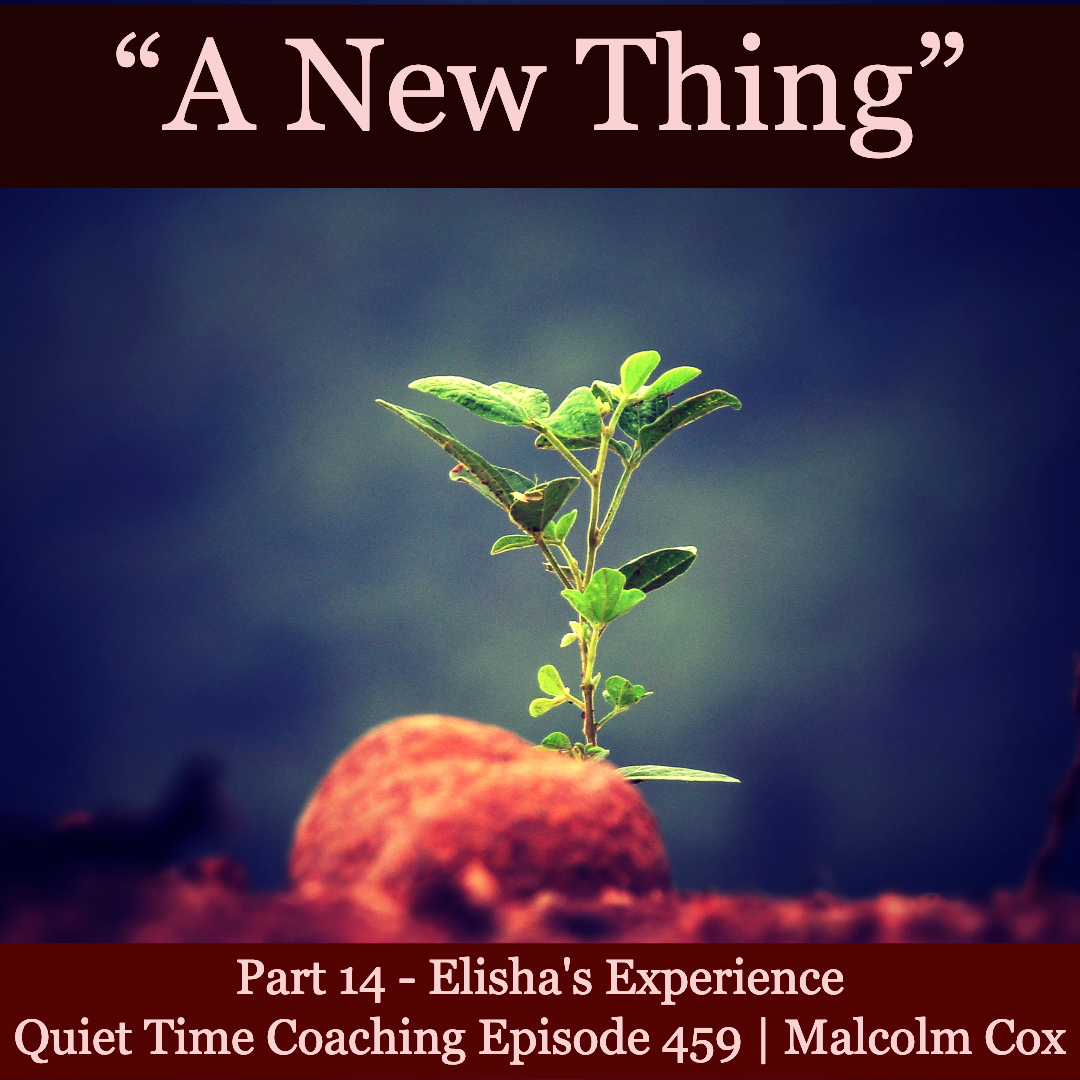Tuesday Teaching Tips, Episode 181
I am continuing to receive very helpful feedback from the three-part series I taught recently for the Thames Valley churches of Christ.
Here is an excerpt from an email I received from Celia Forbes of our sister congregation in Birmingham:
Good morning Malcolm, Thank you so much for your inspiring and truly thought-provoking lesson. I’m deeply impacted by the idea that God prefers to speak through people than directly to people. Wow! I intend to meditate on that. What a responsibility, but also what an honour and privilege! I also loved that you highlighted that we speak FOR God. It helps me to deepen my conviction that whatever I say (or do) is NOT for my benefit, it’s for God’s glory (Colossians 3:23; Matthew 5:16).
1) Why do I think that God chooses to speak through people?
I think it’s due to the power of an interactive conversation, where thoughts, feelings, questions and, very importantly, non-verbal communication can be exchanged rapidly, leaving people feeling like they have truly been listened to and therefore loved. But more importantly, so that people can fall more deeply in love with God.
She made an excellent second point which we might get to in next week’s teaching tip.
The phrase that stood out to me from her email was “leaving people feeling like they have truly been listened to and therefore loved”. How do we speak in such a way that people feel loved? Let me offer three suggestions to do and three not to do. Let’s begin with the do nots:
- Do not point. It’s hard to feel loved when someone is pointing at you. That index finger aimed in your direction is often, too often, an expression of judgement rather than grace. If you’re going to use gestures, better to use an open hand than a pointed digit.
- Do not shout. There is a fine line between inspiring passion and scary shouting. It’s hard to feel loved when someone is shouting at you. Review your lessons. Listen to the audio. If someone was having a conversation with you at that volume, how would you feel? Tone down the volume if you’re a shouter. Some of us are by nature very quiet speakers and this might not apply.
- Do not overuse “you”. From time to time we can’t avoid using the word “you”. But we’re on safer ground in communicating love when we talk about “us”. This is especially true when we’re making a difficult or challenging point. It’s hard for, “you need to repent” to sound loving. But, “we need to repent” said with the right tone can still sound loving even though it is challenging. Again, listen to your recordings and note the balance between “you” and, “we”.
Now let’s go on to what to do:
- Do smile. Practice smiling. I mean, in the act of speaking. Don’t grin like a crazy baboon, but remember you are bringing “good news”. It’s a good idea for your face to reflect that truth. It’s hard to feel loved when the speaker frowns more than they smile.
- Do look at people. It’s hard to feel loved when someone is looking over your head at someone else, or the back of the room. Look people in the eye. Don’t linger too long on one person, but don’t just scan the room.
- Do talk about Jesus. I know. It’s so basic. But, when we’ve got a topic about which we are excited, all too easily we end up talking about the topic (love, sin, judgement, grace) and forget to talk about Jesus. I mean to talk about Jesus as Jesus, not just the fact that he died for us. In other words, to remember that he is as human as you and I. We must portray him as that – as well as his awesome divinity. It’s hard to feel loved by a topic or a concept. It’s much easier to feel loved by Jesus.
What I’d like to know today is, “How do you communicate love in the way that you speak?”
Please add your comments on this week’s topic. We learn best when we learn in community.
Do you have a question about teaching the Bible? Is it theological, technical, practical? Send me your questions or suggestions. Here’s the email: malcolm@malcolmcox.org.
If you’d like a copy of my free eBook on spiritual disciplines, “How God grows His people”, sign up at my website: http://www.malcolmcox.org.
Please pass the link on, subscribe, leave a review.
“Worship the LORD with gladness; come before him with joyful songs.” (Psalms 100:2 NIV11)
God bless, Malcolm
PS: You might also be interested in my book: “An elephant’s swimming pool”, a devotional look at the Gospel of John

